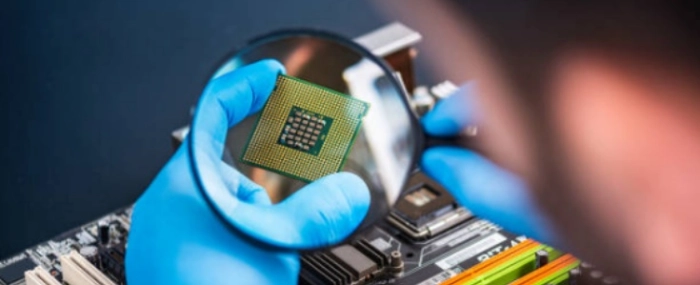
Rogue Valley Microdevices bags $6.7m from US Chips Act
Florida-headquartered Rogue Valley Microdevices (RVM) has secured government support to build a pure play microelectromechanical systems (MEMS) and sensor foundry facility.
Earlier this month, the company secured a non-binding preliminary memorandum of terms (PMT) with the US Department of Commerce, along with a loan of USD 5 million from a Florida Department of Commerce. It also plans to claim a Department of the Treasury Investment Tax Credit. Production at the new Palm Bay plant will begin in 2025.
RVM is one of the US's only pure play MEMS foundries, offering services that are critical to the defence industrial base and to the biomedical industry. It says the grant will support the construction of a new pure play microelectromechanical systems (MEMS) and sensor foundry facility, which will nearly triple its manufacturing capacity. This will support a reliable, domestic supply of MEMS devices manufactured on 300mm wafers, while creating more than 75 jobs in the state of Florida.
In a press release, Jennifer Gomez, CEO of RVM, said: “As the first MEMS foundry to secure proposed CHIPS and Science Act funding, Rogue Valley Microdevices is deeply committed to the onshore manufacturing of advanced microelectronics. We plan to use this capital infusion to increase production of the miniature, intelligent sensors that are critical to markets for which a robust supply chain is essential, including automotive, biomedical, and industrial. We’ll also ramp expansion from our west coast foundry in Oregon to our new location on the Space Coast of Florida, which will soon become the industry’s first MEMS pure-play foundry to offer 300mm capability."
US Secretary of Commerce Gina Raimondo added: “The proposed investment in RVM is another example of how the Biden-Harris Administration is making targeted investments across the semiconductor supply chain to reignite U.S. leadership in semiconductor manufacturing. Because of President Biden’s CHIPS and Science Act, we are working to secure U.S.-based companies a stable, domestic supply of MEMS technology when demand is increasing across the globe.”


